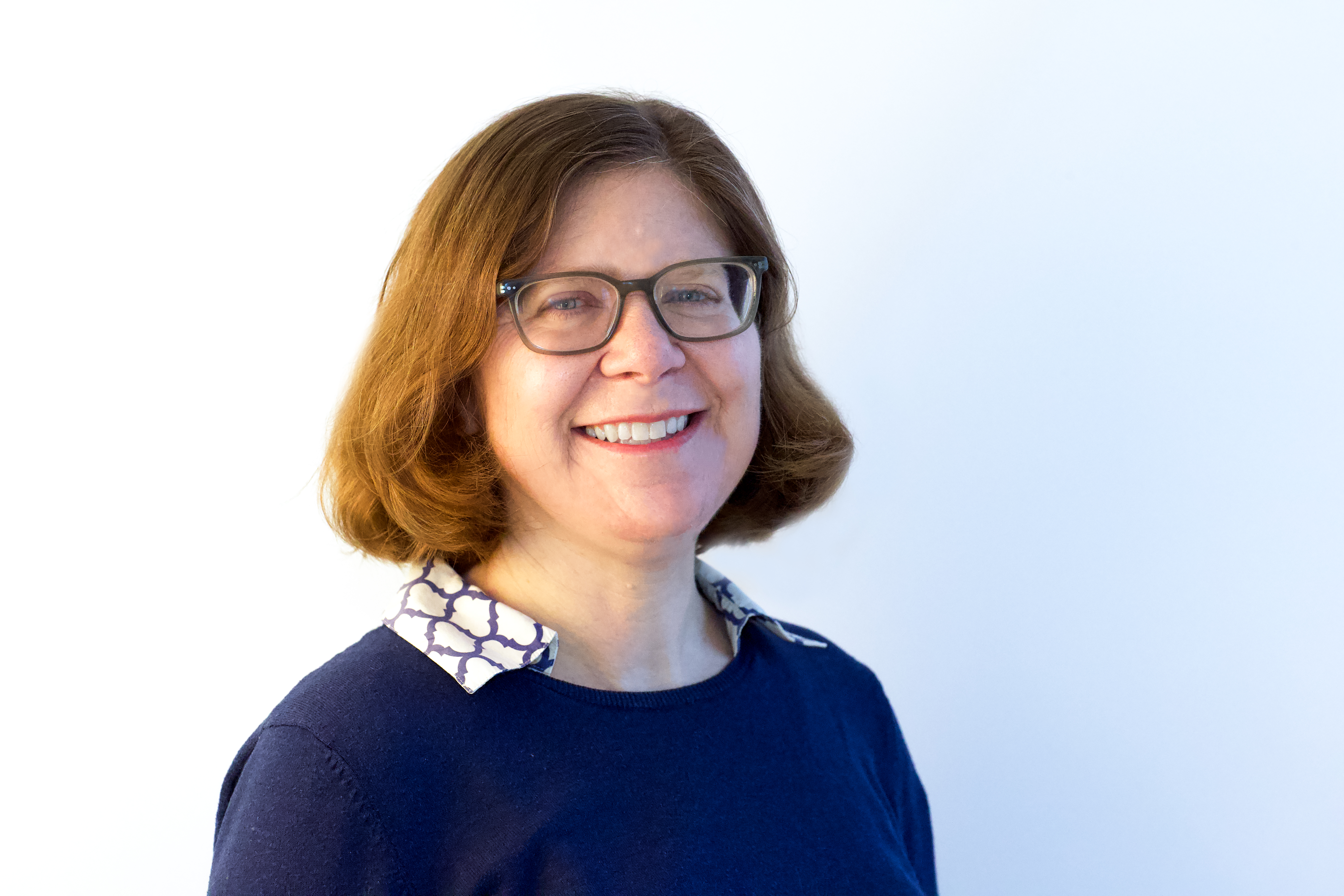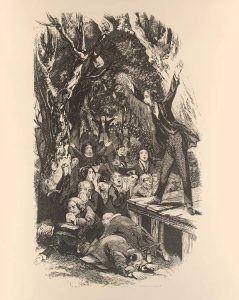Some years ago I researched my husband’s ancestor Jerreb Kendall (1804–1839) of Passumpsic, Caledonia County, Vermont, and took pleasure in the interesting names given to many of Jerreb’s eleven siblings by their parents Jerreb and Lucy (Woods) Kendall.
I liked the thoughtfulness and weightiness behind given names like George Washington, William Wallace, Alonzo Ransom, James Eaton, Larnard Lamb, and Lorenzo Dow. (And I could almost sense the rejoicing that accompanied the selection of the name Lucy Celestia, which was given to the twelfth child – and the first and only daughter!)
I recognized the names George Washington and William Wallace, of course, but didn’t think too much about the names I didn’t recognize. I probably assumed that they were selected in honor of relatives or friends, or simply because the Kendall parents found them attractive.
Recently, member Susan Carle Young of Tulsa, Oklahoma, wrote to me in response to a Weekly Genealogist survey question about ancestors connected to newspapers. Her relative, Lorenzo Dow Morris, born in Williamsburg, Ohio, in 1818, was a nineteenth-century newspaper publisher in Iowa. I was interested in the newspaper story, but I was also intrigued by the reappearance of the name Lorenzo Dow, which I recalled from my Kendall research. I took to the Internet to find out who had inspired these namesake Lorenzo Dows.
[Nineteenth-century] Americans would have been astonished at the idea of someone not knowing who Lorenzo Dow was.
I discovered that Lorenzo Dow (b. in Coventry, Connecticut in 1777), was an extremely popular traveling minister. His Wikipedia entry is a fascinating read. Dow’s autobiography, History of Cosmopolite: or, The Writings of Rev. Lorenzo Dow: Containing his Experience and Travels, in Europe and America, was a bestseller – and, in fact, was for a time apparently second only to the Bible in popularity. I realized that nineteenth-century Americans would have been astonished at the idea of someone not knowing who Lorenzo Dow was.
I next searched for the origin of Larnard Lamb Kendall’s given names. He was apparently named for Lieutenant Colonel Larnard Lamb of Montpelier, Vermont, a carpenter and mill-wright. In 1807, he wrote one of the state’s first military training treatises (The Militia’s Guide), and a year later he commanded the U.S. troops present at the first meeting of the legislature in Vermont’s State House.
[They] admired a military figure associated with Vermont as well as an eccentric, itinerant preacher.
Obviously I don’t know what Jerreb and Lucy (Woods) Kendall thought and felt and believed. But knowing that they named sons Larnard Lamb Kendall in 1811 and Lorenzo Dow Kendall in 1817 acquaints me with them a bit more. I know they admired a military figure associated with Vermont as well as an eccentric, itinerant preacher. And I now know that the Kendalls and Morrises weren’t alone in naming their sons Lorenzo Dow; it turns out that Lorenzo was one of the most popular names in the 1850 census. I found one other Larnard Lamb namesake – an Eastman – and think that there are probably more.
I also searched for “Alonzo Ransom.” I found others with the name and saw the phrase “Alonzo’s ransom” used in early nineteenth-century plays, but didn’t find a clear reference to the meaning and source. James Easton Kendall was likely named for someone specific, but the use of “James Easton” is so common that my initial searches didn’t produce any obvious relevant matches. But I feel certain that there are more meanings to decipher from the Kendall brothers’ names.
No doubt it is a truism to note that as modern Americans we fail to grasp much of the cultural context of our ancestors. Learning about Lorenzo Dow and Larnard Lamb reminds me how much I don’t know.
Share this:

About Lynn Betlock
Lynn Betlock is Managing Editor of American Ancestors, a quarterly member magazine that blends popular content with high-quality scholarship. She develops magazine themes, selects and edits articles, writes magazine content and occasional features, and identifies suitable article illustrations. She and the other magazine staff members are part of the Learning & Interpretation team. Lynn was an editor of The Weekly Genealogist from 2001 to 2004 and 2011 to 2020; she is now a regular weekly reviewer and contributor to that publication. She has worked on various aspects of the Great Migration Study Project since 1995 and has reviewed and provided feedback on each volume since 2007. She joined the American Ancestors staff in 1995. Prior to assuming the role of magazine editor in 2003, she held the positions of Sales Manager, Director of Marketing, and Assistant Executive Director for Content Management at American Ancestors. Lynn graduated with a B.A. in history from Trinity University in San Antonio, Texas. She received an M.A. in American history and a certificate in Museum Studies from the University of Delaware. Before coming to American Ancestors, Lynn was employed at the Old South Meeting House, a Freedom Trail site in Boston.View all posts by Lynn Betlock →
